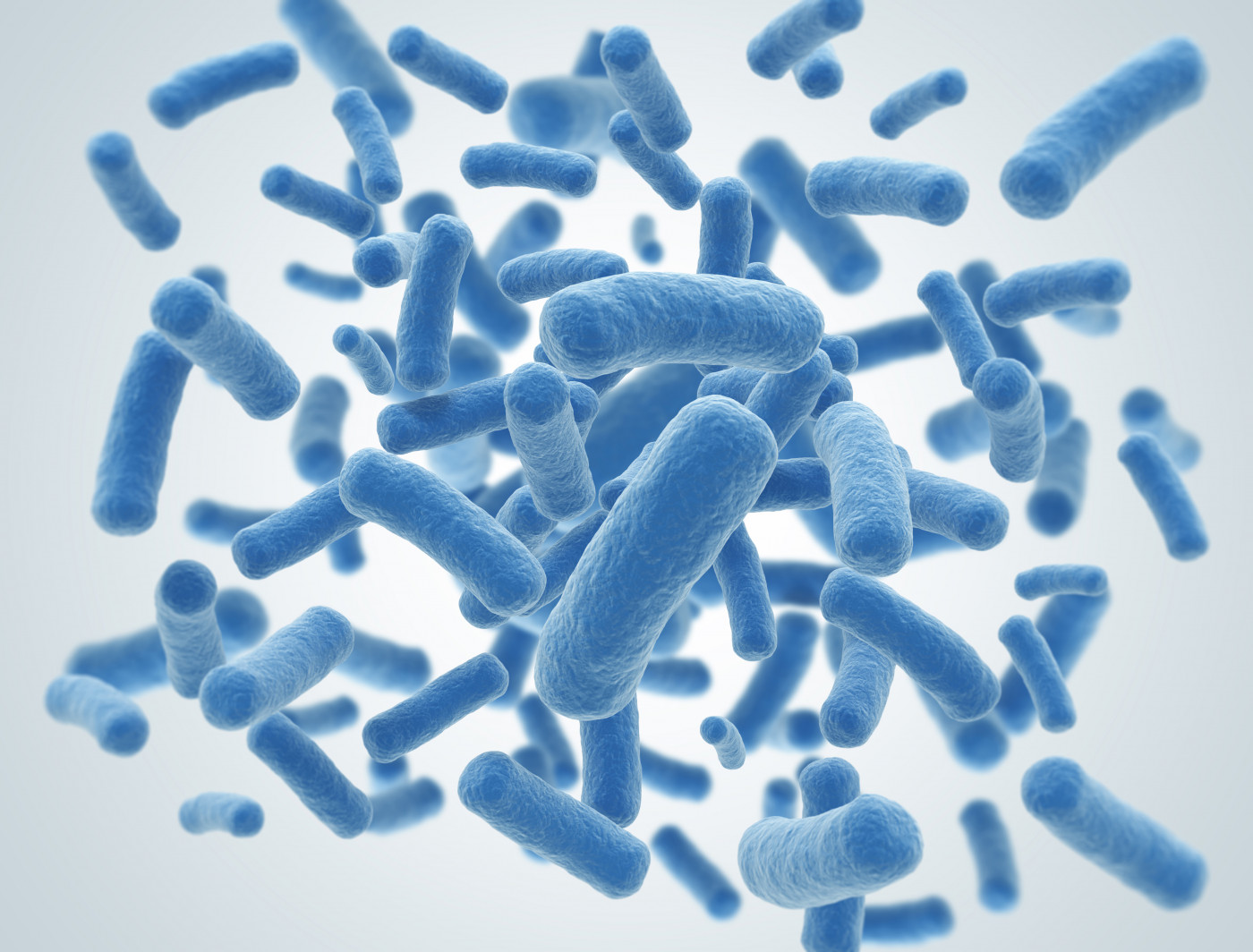Common Skin Bacteria May Trigger Granuloma Formation in Sarcoidosis, Study Suggests
Written by |

Infection from the bacteria Propionibacterium acnes is found frequently and at high rates in the lymph nodes of sarcoidosis patients and may contribute to the formation of granulomas, a small study suggests.
These results also provide another piece of evidence linking P. acnes bacteria to sarcoidosis.
The study, “Propionibacterium acnes-derived insoluble immune complexes in sinus macrophages of lymph nodes affected by sarcoidosis,” was published in the journal Plos One.
Recent studies suggest that infection from P. acnes can cause sarcoidosis. This bacteria is part of the normal flora of the skin and oral cavity, and is also found in the large intestine, the eye, and the external ear canal.
Blood analyses of patients with sarcoidosis often reveals the presence of circulating immune complexes — a structure of an antibody bound to a foreign (antigen) molecule.
The role of these complexes in sarcoidosis remained unknown for a long time, but recent data has shown that they work as a defense mechanism against foreign invaders. Their formation, however, also increases inflammation and the formation of granulomas.
In the study, researchers investigated the possible presence of P. acnes-derived immune complexes in sarcoidosis lesions.
They analyzed lymph node samples from 38 sarcoidosis patients and 90 people without sarcoidosis (controls). The controls included patients with other disorders, such as colon and gastric cancers and lymphadenitis — a condition characterized by enlarged lymph nodes, usually due to infection.
Study results showed that lymph nodes from patients with sarcoidosis had higher numbers of insoluble immune complexes compared to controls.
According to the antibodies tested by researchers, called IgA, IgM, and IgG, they found signs of a positive presence of immune complexes in 84%, 84%, and 29% in sarcoidosis samples, respectively, compared to 21%, 29%, and 0% in controls, respectively.
Additional analyses found that 89% of the sarcoidosis samples tested positive for immune complexes forming the P. acnes bacteria, while none were detected in control samples without inflammation. These immune-P. acnes complexes were found in the sinus macrophages — immune cells that reside in lymph nodes.
“P. acnes-derived [immune complexes] in sinus macrophages were frequent and abundant in sarcoid lymph nodes, suggesting a potential etiologic link between sarcoidosis and this commensal bacterium,” researchers wrote.
Immune complexes from this bacteria “may provide a stimulus for granuloma formation in the lymph nodes in susceptible patients with P. acnes hypersensitivity,” the team added.





